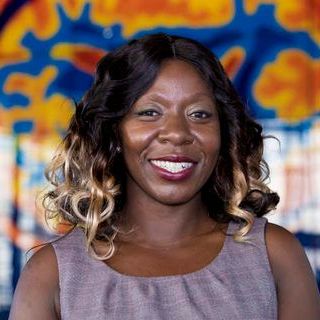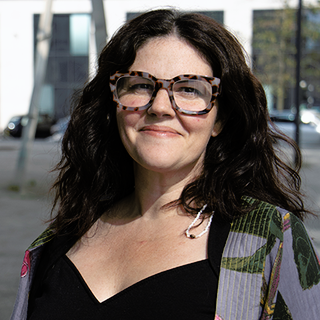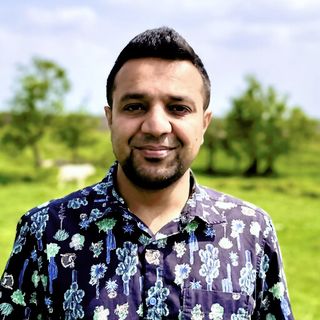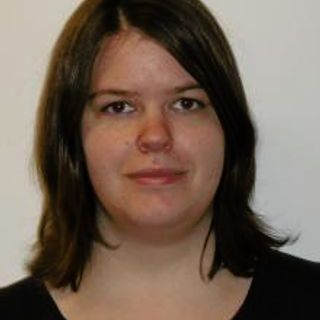Professor Jo Fothergill
Director of the Microbiome Innovation Centre, University of Liverpool
Professor Jo Fothergill has been at the forefront of research into Gram-negative pathogens, particularly Pseudomonas aeruginosa, for over fifteen years, focusing on their role in chronic infections. Her work integrates genomics, molecular microbiology, and population studies with practical infection models to understand pathogen behaviour within polymicrobial biofilms and its implications for disease progression. Awarded the Leverhulme Trust Early Career Fellowship and a Medical Research Foundation fellowship, Professor Fothergill has developed significant insights into bacterial adaptation, diversity, and virulence. Her research utilises clinical samples, model systems, and advanced sequencing techniques to explore the interactions within polymicrobial infections.
Currently, she leads the Microbiome Innovation Centre at the University of Liverpool, where she focuses on the microbiome's role in health and disease, particularly how it influences bacterial virulence and the dynamics of mobile genetic elements like temperate phages. Her current interests include developing novel therapeutics for a range of P. aeruginosa-associated infections, including those affecting the lungs, urinary tract, eyes, and wounds.
Professor Fothergill is also dedicated to mentoring, overseeing a diverse group of postdocs, PhD students, and Masters students, fostering their growth in microbiology research. She is an active member on several advisory boards, including the CF Syndicate in AMR, the CF Trust Scientific Advisory Board, and the UK CF Infection Biorepository. She teaches various undergraduate and master's level modules centred on bacterial disease mechanisms, antimicrobial resistance, novel therapeutics, and microbiomes, contributing extensively to the academic and practical training of new scientists in the field of medical microbiology.









